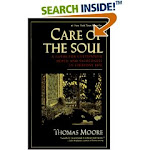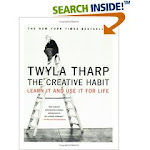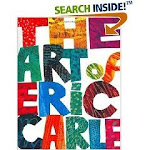
I've always loved the Jungian idea that all the characters in a story are aspects of one psyche. It makes fairytales so much more interesting and valuable. It is too easy to identify with Snow White and despise the wicked step-mother. Looked at in Jungian terms, however, I am not only the innocent child, but also the jealous, scheming Queen and the ineffective, gullible King - not to mention the hunter, the dwarfs etc. Accepting this allows me to connect with those resisted aspects and find out what part they are playing in my life.
Our world abounds in stories. We love stories - in books and movies, on TV soaps and before that around the kitchen table or the fireplace. Without necessarily being conscious of it, we live our lives as if it were a story. To discover one's story, and the array of characters within it, is a fascinating journey and can lead to great inner treasure - knowing what role you are playing, gaining an insight into your strengths and vulnerabilities, shedding light on ones shadow aspects - can lead to living a more authentic life in a more powerful way.
One way to discover one's story is to choose a favourite fairytale, one that has always resonated for you. List the characters - which can include animals or important objects - for example, in my own exploration of the Princess and the Pea, I included the pea and the mattresses. Next take each 'character' and write a short piece as if you were them - a monologue - as if they had turned to the audience and were speaking directly about what is important to them and why they did what they did and how they felt about it. This doesn't have to be a written exercise - it can also be acted, danced, sculpted etc.
This exercise can be done with any story or film that has caught your imagination. I even did it with an episode of Star Trek Voyager that particularly haunted me - with amazing results. I'll summarize my own discoveries from the Princess and the Pea in the next post.










No comments:
Post a Comment